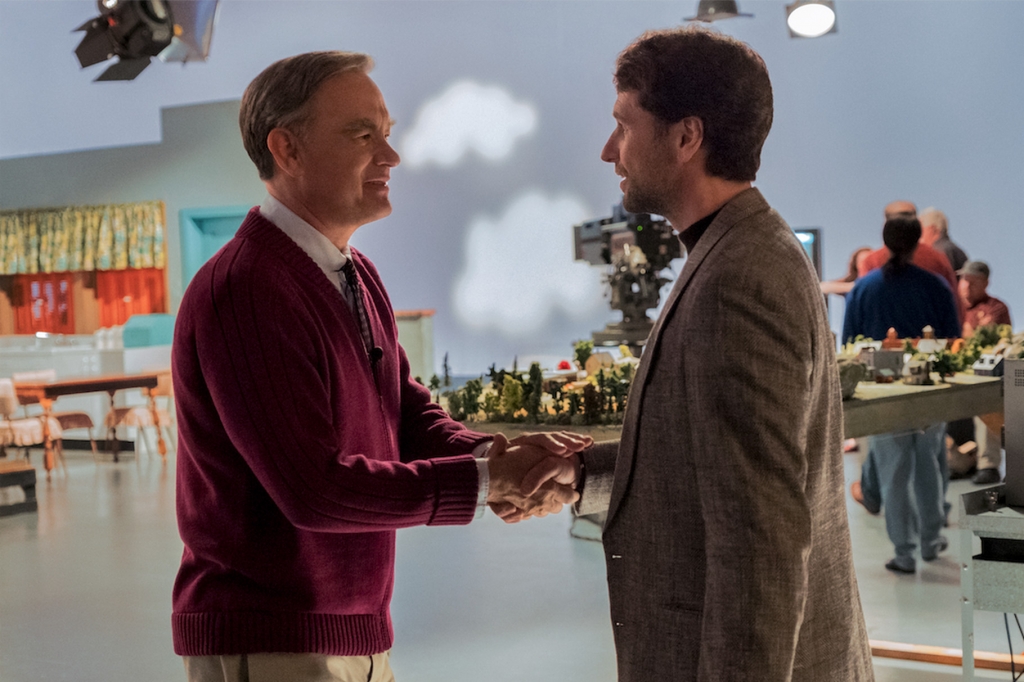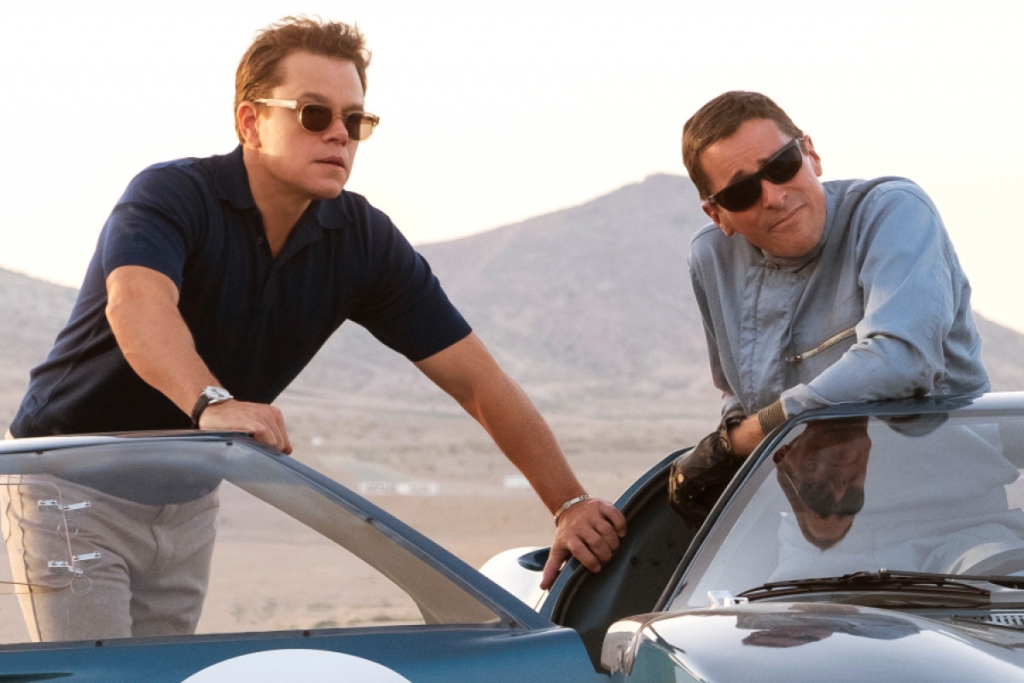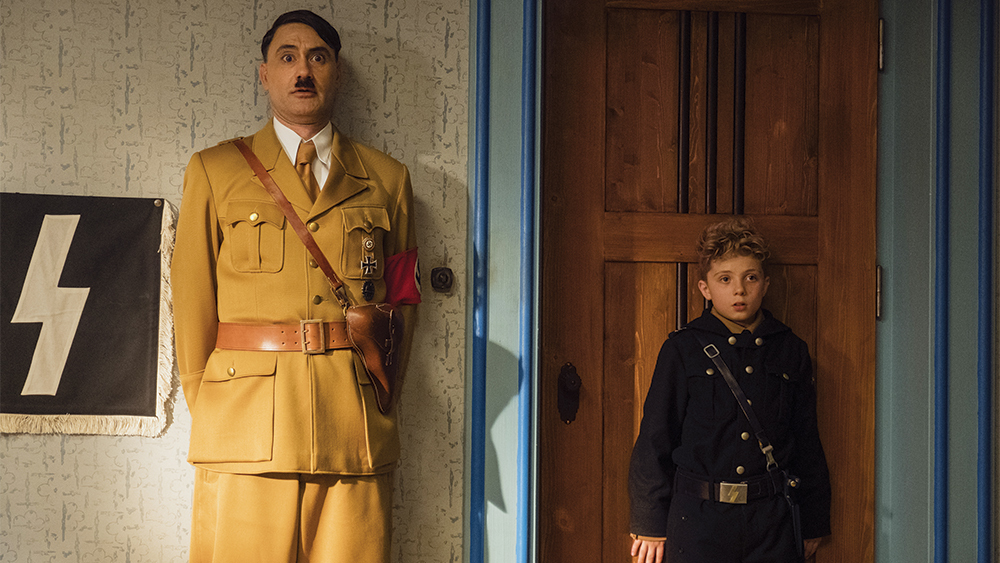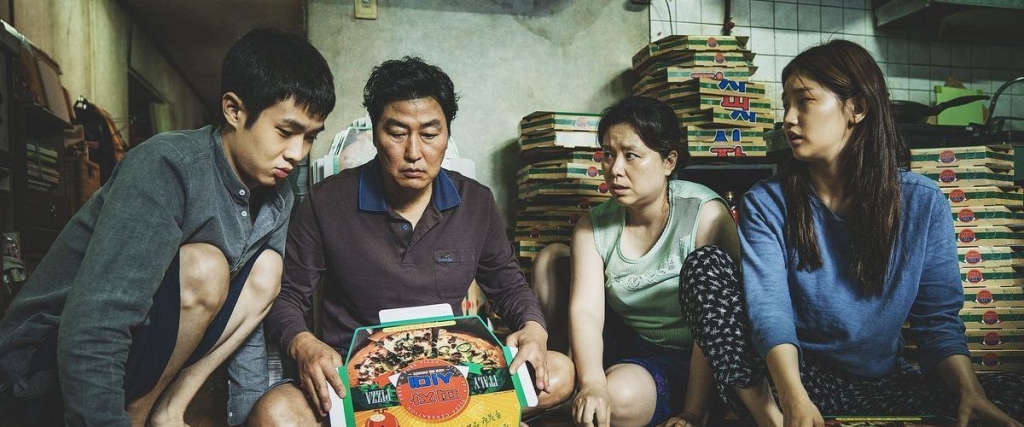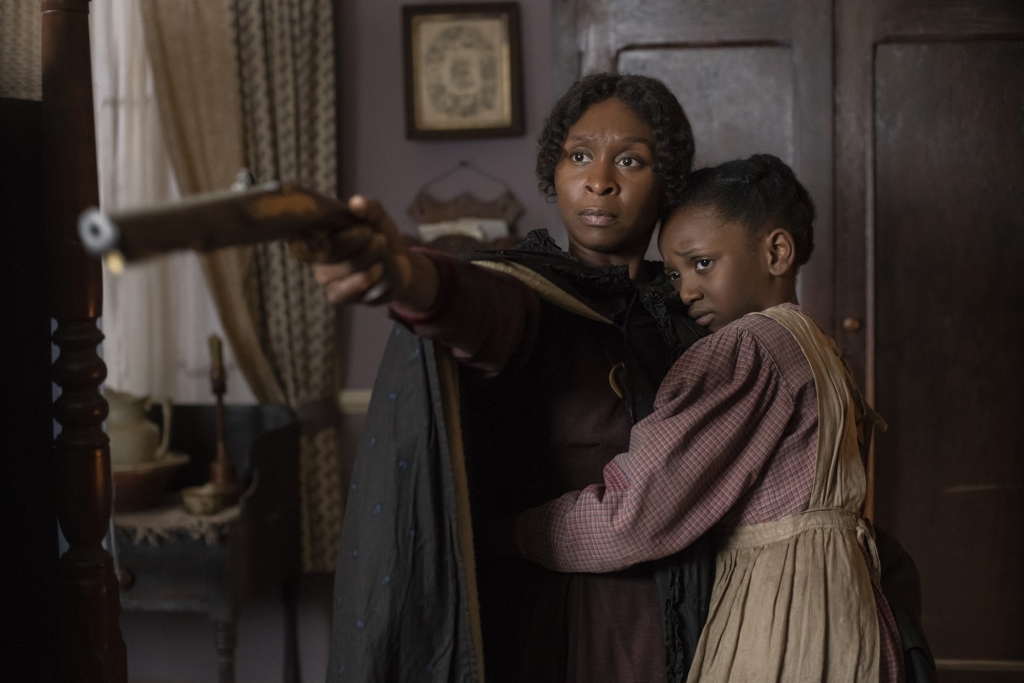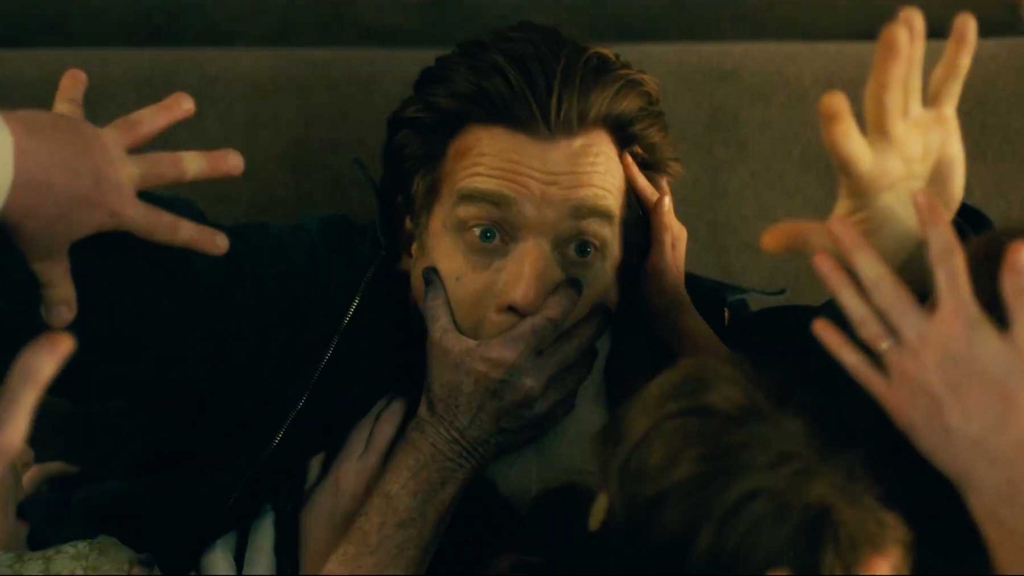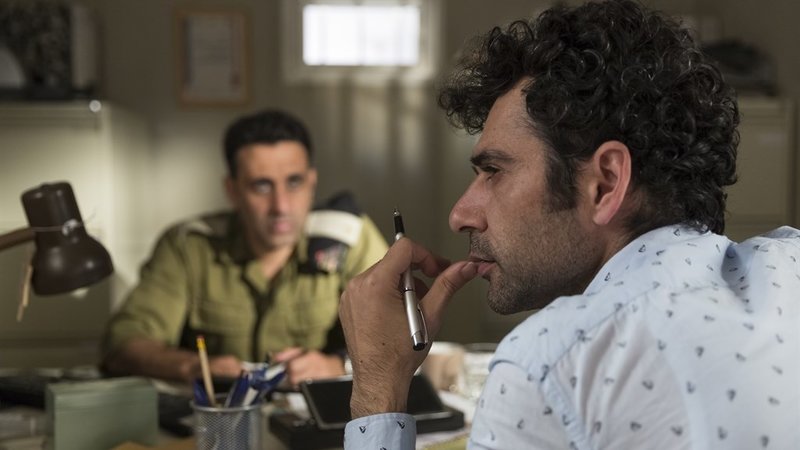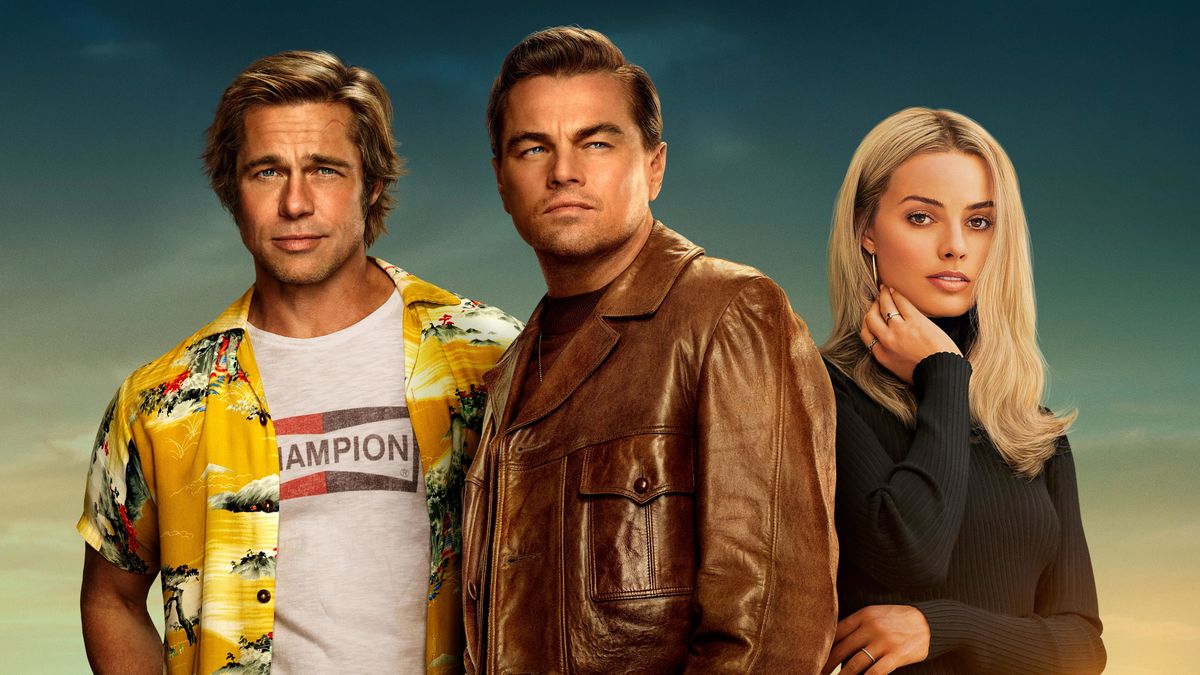Sonic The Hedgehog: The Best 90’s Movie To Not Release in the 90’s
by Simon Wickwire
While there is a decently sized fanbase for Sonic the Hedgehog, the idea of this movie seems about 20 years too late. Sonic as a video game mascot today does not have the same impact he had during the 90’s Well that idea may not actually be the case, because Sonic had the best opening weekend at the box office for a movie based on the video game, beating Pokemon: Detective Pikachu by $4 million. And it is even more shocking considering its release date was moved back by four months to change after Sonic’s original design design that was so horrific and unsettling that the internet screamed for it to be changed. Now that we have a sonic with a far less horrific design, the question of the day was whether the delay was worth it? The answer: eh, kind of?
Ben Schwartz (Parks & Rec, Duck Tales) brings the perfect amount of energy in voicing him. Whenever it comes to celebrities being brought in to do voice roles, it usually is to just slap a name on the poster to get people to come see it. Even though Schwartz’s name is not on most of the posters,it should be because he is a big reason for a lot of the heart the film has. With Schwartz having voice acting credit in the past, you never feel like it is a celebrity doing a voice.
A bunch of the advertising, has put in the forefront that Jim Carrey’s performance as Doctor Robotnik is a return to form for what made him one of if not THE biggest comedy actors to watch in the past couple decades. Carrey plugging back into his Pet Detective Energy helps contribute as to why the movie feels like the movie is from the nineties, with Carrey getting a few good laughs in there.
With the positives discussed, we can get to the aspects that don’t shine as well. In general, the movie’s plot is very predictable and the human characters besides Robotnik are nothing that special, starting with James Marsden’s (Westworld) “Tom.” Marsden’s character arc is copied and pasted from basically every other family film script: a loving husband that feels that he has far more potential and learns along the way that being himself is perfectly okay as is. But Tom has a surprisingly sweet comradery with the animated blue fur ball that isn’t actually there, even with the vast comparisons to 2011’s Hop, another film where Marsden interacts with an animated rodent goes on a road trip with. Some of you probably have forgotten that movie existed, huh?
However, being far more memorable than that lackluster Easter flop, Sonic the Hedgehog realizes that the audience is there for sonic and you get plenty of him on screen. It is perfectly acceptable family fun that has a good heart behind it with a fun dynamic between the two leads. It is a good step in the right direction for better video game movies and hopefully future ones can learn from this one as well as Detective Pikachu. I’m looking at you Tom Holland, you better not mess up Uncharted.


